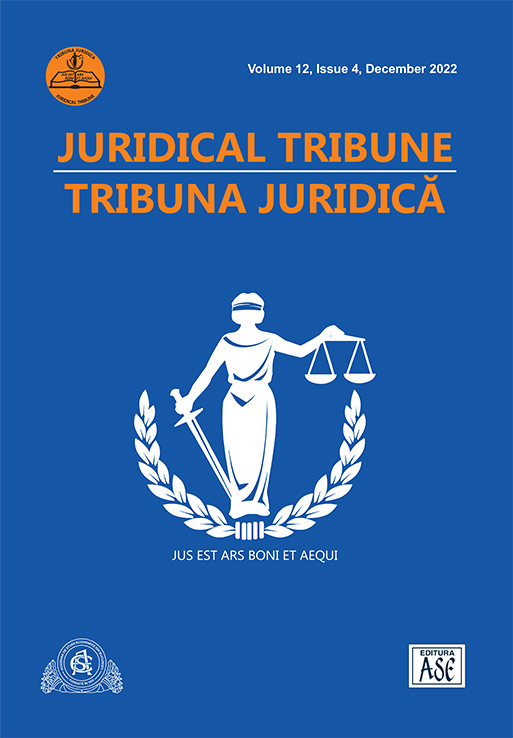International law and nationalism as two essentially related concepts
International law and nationalism as two essentially related concepts
Author(s): Paulo de BritoSubject(s): International Law, Law and Transitional Justice, Government/Political systems
Published by: Societatea de Stiinte Juridice si Administrative
Keywords: international law; nationalism; democracy; justice; sovereignty;
Summary/Abstract: The principal aim of the present essay is to explore the relationship between international law and nationalism, whilst arguing that both concepts cannot be viewed as two separate and self-contained realities, but should rather be considered in light of their mutual interaction. The external actions of a nation are reflected internally. Similarly, its internal actions have external repercussions. In this work, such consequences are examined in a nation-state with an authoritarian structure as opposed to those found in a democratic nation-state. Additionally, the concept of nationalism is studied in its variant forms in both these contexts, leading to the premise that an aggressive and expansionist nation-state is unlikely to be guided by a constitution that places a high value on democracy and freedom. A nation which does not respect the liberties of its own nationals will undoubtedly disrespect other States and their nationals, and vice-versa. This begs the question: should internationallaw be irresponsive and neutral in these cases?
Journal: Tribuna Juridică
- Issue Year: 12/2022
- Issue No: 1
- Page Range: 80-88
- Page Count: 9
- Language: English

